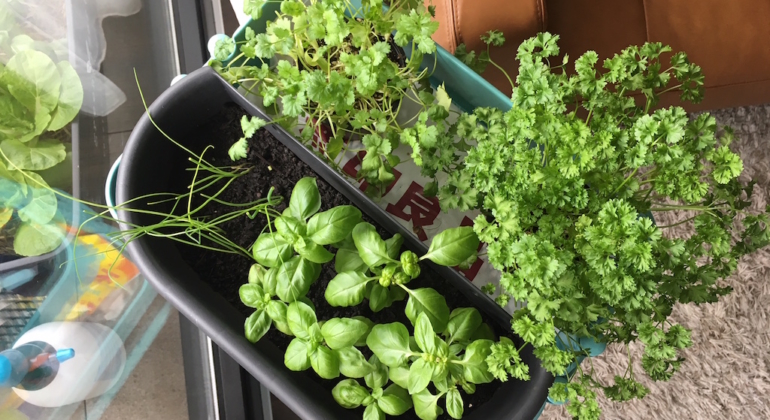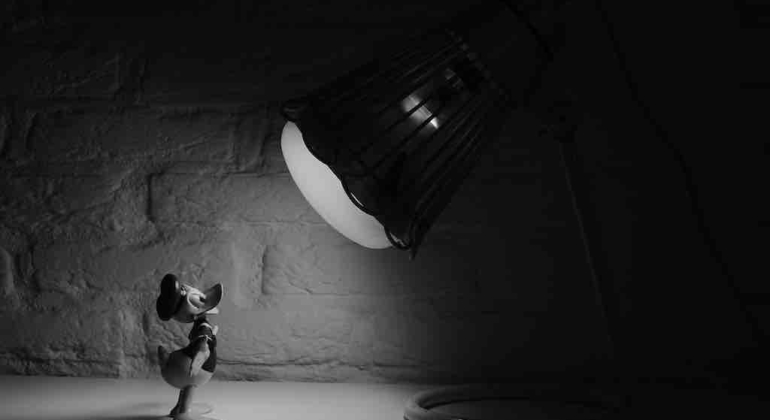Some months ago, I came across this article from The Atlantic titled, The Quantified Welp: A new study suggests that measuring an activity makes it less enjoyable. It’s sort of self-explanatory, and it does make sense: if you’re doing something and measuring it instead of being immersed in the activity, you’d end up enjoying it less.
Of course, the study clearly says that the intention of the activity matters too.
Say you want to lose weight—you would, of course, measure all those calories you burn while exercising. The end goal is different for you: you want to lose weight, so you track it; it has nothing to do with enjoying the activity or not. It’s different for those who just want to exercise because, well, they enjoy exercising.
The article goes on to paint another picture: say you’re doing colouring. You enjoy colouring. But then add a certain goal (e.g. colouring a certain number of figures), and you’d end up saying you enjoy the experience less. Sure, you get more figures done. But you don’t enjoy it as much.
A follow-up article on The Atlantic sums it simply: measuring an activity makes it feel like work, so you enjoy it less, even though you’re doing more of it. Consequently, it reduces your ‘subjective well-being’.
It makes a lot of sense, doesn’t it?
Read more →











